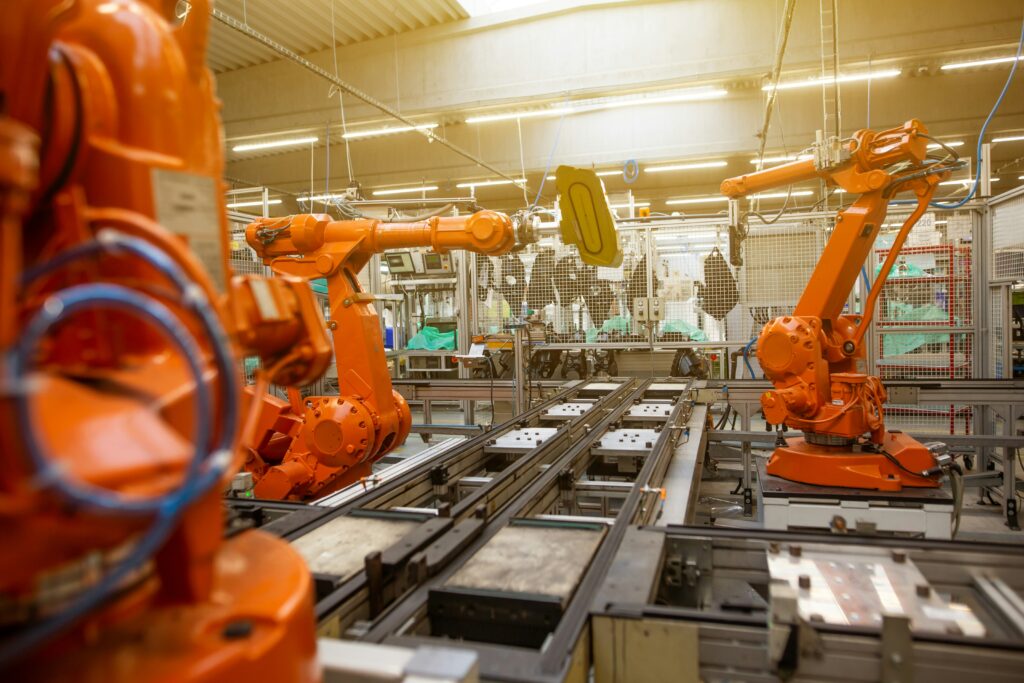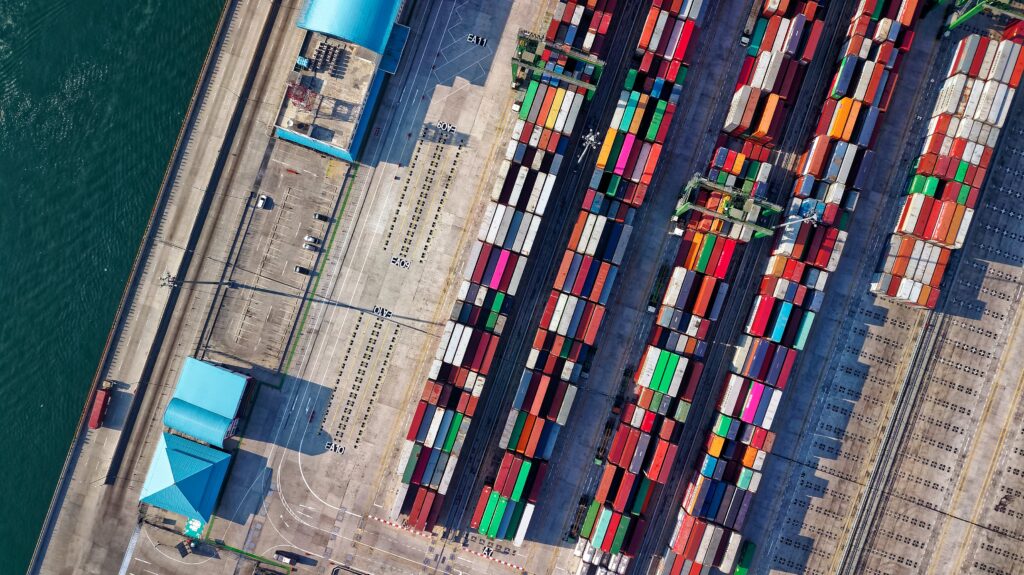20 February 2024
As we steam through 2024 (how is it late-February already?), the industrial sector is evolving at an unprecedented rate. Rapid advancements in technology, policy changes, and global events are reshaping the landscape of this vital industry. And for businesses looking to thrive in this new era, staying updated with these trends isn’t just beneficial—it’s essential.
This blog will provide you with insights into the upcoming trends that are shaping the industrial sector in 2024.
The industrial sector in recent years
Over the past few years, the industrial sector has experienced significant transformation. Technological innovations have revolutionised manufacturing processes, policy changes have altered the business environment. And global events have tested the resilience of supply chains. These factors have ushered in a new era for the industrial sector – one that demands adaptability, foresight, and strategic planning.
Major trends to watch in 2024
Trend 1: Increased Automation and Robotics
Automation and robotics have been steadily infiltrating the industrial sector, and their prevalence is set to rise in 2024. From automated assembly lines to robotic material handling, these technologies are changing the face of manufacturing.
This shift towards automation will likely increase the demand for professionals skilled in managing and maintaining these systems, creating new opportunities and challenges in the hiring landscape.
This rise in automation and robotics within the sector signifies a shift in the types of skills that will be in demand. As manual tasks become more automated, there’ll be an increased need for professionals who can manage, maintain, and improve these automated systems. This means that businesses will need to pivot their hiring strategies to attract talent with these specialised skills.

Trend 2: Sustainability and Green Manufacturing
Sustainability is no longer a buzzword—it’s a business imperative. According to Future Business, “…most of the world’s largest companies are now reporting their sustainable efforts with Environmental, Social, Governance (ESG) reports on a regular basis, with more than 2,000 companies setting science-based carbon targets too…”
As environmental consciousness grows, companies are increasingly focusing on green manufacturing practices. In 2024, expect to see more businesses prioritising sustainability, leading to a greater demand for individuals knowledgeable about sustainable practices. And who are able to contribute to greener operations.
The outcome of this growing sustainability focus and green manufacturing? Well, it’ll influence the kind of talent that companies will be looking to hire. Professionals who aren’t only knowledgeable about sustainable practices but also passionate about contributing to greener operations will be highly sought after. Businesses may need to highlight their commitment to sustainability in their employer branding to attract this type of talent.

Trend 3: The Rise of AI and Data Analysis
Artificial Intelligence (AI) and data analysis are powerful tools for boosting efficiency and productivity in the industrial sector. These technologies allow for predictive maintenance, real-time monitoring, and data-driven decision-making. As their use becomes more widespread, we’ve been seeing an increased need for professionals skilled in AI and data analysis. And our bet is that this won’t change any time soon.
Professionals skilled in these areas will be in high demand as companies continue to leverage these technologies for improved efficiency and productivity.

Trend 4: Supply Chain Resiliency
Recent global disruptions have underscored the importance of supply chain resiliency. In 2024, companies are likely to invest more in building robust, flexible supply chains able to withstand future shocks. This trend will drive demand for skills related to supply chain management and risk mitigation.
The result of these recent global disruptions will drive the demand for skills related to supply chain management and risk mitigation. Companies will need to ensure they have the right talent in place to build and maintain resilient supply chains.

Implications for hiring in the industrial sector
So, what does this mean for businesses in the industrial sector? As pointed out above, it’s clear that traditional hiring practices may need to evolve to meet these new challenges. Companies may need to invest in upskilling their current employees to equip them with the necessary skills. And diversifying hiring practices to include a wider range of backgrounds and experiences could also be beneficial, as this could bring in fresh perspectives and innovative solutions.
Additionally, given the specialised nature of these emerging skills, partnering with a recruitment specialist like ODIN could be an effective strategy. Recruitment agencies have the expertise and resources to find high-quality candidates with the specific skills that businesses need.
But key to navigating these changes? It’s adaptability. Companies that can adapt their hiring strategies to align with these trends will be well-positioned to attract and retain the talent they need to thrive in 2024 and beyond.
The industrial sector is on the brink of exciting changes. Staying ahead of these trends is crucial for success in this dynamic environment. By understanding these developments and preparing for them, businesses can position themselves for growth and prosperity in 2024 and beyond.
At ODIN Recruitment, we’re committed to helping our clients navigate these changes. Why not get in touchwith us to discuss your hiring needs and strategies for the year ahead? Alternatively, submit a role here. Together, we can build a workforce that’s ready for the ever-evolving industrial sector.